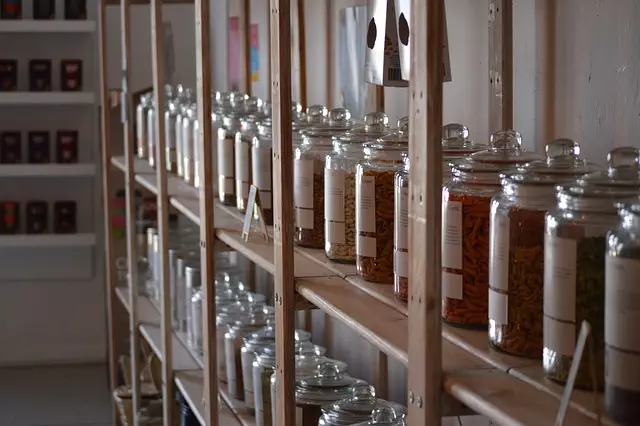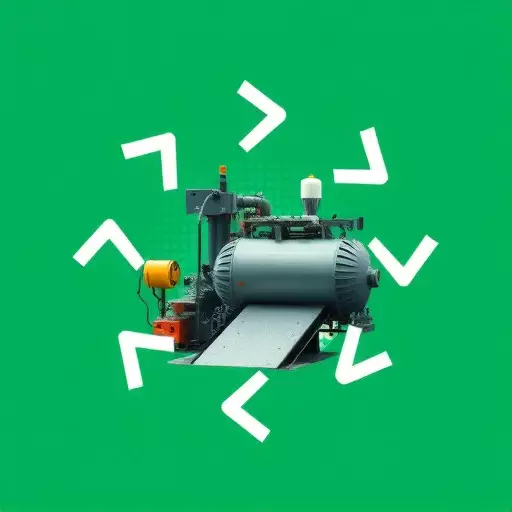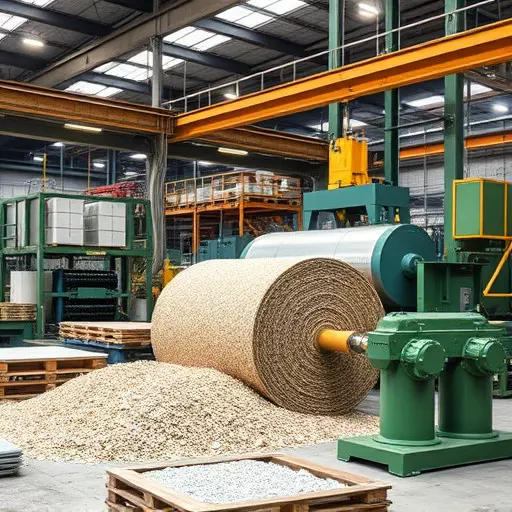Waste sorting technologies in Toledo, powered by eco-friendly manufacturing and the circular economy, are transforming sustainable material processing. Advanced systems using sensors, cameras, and robotics accurately classify waste into recyclables, organics, and non-recyclables, enabling efficient resource recovery and reducing environmental impact. This innovative approach sets Toledo as a global leader in waste management, maximizing resource value through recycling and reuse while minimizing the need for virgin resource extraction.
Waste sorting technologies are revolutionizing sustainable material processing, playing a pivotal role in achieving a circular economy. As global efforts shift towards eco-friendly manufacturing, understanding and implementing efficient waste sorting systems become increasingly vital. This article explores the backbone of these technologies, highlighting their impact on environmental conservation. We delve into case studies, specifically focusing on Toledo’s innovative approach to waste management, and discuss future prospects that could shape a greener tomorrow. Discover how these advancements drive the circular economy and foster an eco-friendly manufacturing landscape.
- Understanding Waste Sorting Technologies: The Backbone of Sustainable Material Processing
- Eco-Friendly Manufacturing and the Circular Economy: A Perfect Marriage
- Toledo's Role in Revolutionizing Waste Management: Case Studies and Future Prospects
Understanding Waste Sorting Technologies: The Backbone of Sustainable Material Processing
Waste sorting technologies are the unsung heroes in the quest for a more sustainable future. They form the backbone of sustainable material processing, Toledo, and are instrumental in driving the circular economy. These advanced systems have revolutionized how we manage waste, moving beyond traditional methods to create eco-friendly manufacturing processes.
By employing sophisticated techniques and innovative technologies, waste sorting becomes highly efficient. Automated sorting facilities use sensors, cameras, and robotics to classify materials with remarkable accuracy, ensuring that recyclables, organics, and non-recyclables are separated promptly. This precision allows for the recovery of valuable resources, reducing the environmental impact of waste disposal and fostering a more sustainable approach to production and consumption.
Eco-Friendly Manufacturing and the Circular Economy: A Perfect Marriage
In the pursuit of a greener future, eco-friendly manufacturing and the circular economy are two powerful forces that are converging to revolutionize waste sorting technologies. Sustainable material processing in Toledo and beyond is no longer just an option but a necessity, driven by a growing awareness of environmental impact. Eco-friendly manufacturing involves using renewable resources, reducing emissions, and minimizing waste throughout the production process.
This approach aligns perfectly with the circular economy, which aims to maximize resource value and minimize waste by promoting recycling, reuse, and repair. By adopting eco-friendly manufacturing practices, companies can contribute to a circular economy where materials are continuously circulated, eliminating the need for constant extraction of virgin resources. This marriage of sustainable material processing and circular economy principles is set to transform waste sorting technologies, making them more efficient, environmentally friendly, and economically viable.
Toledo's Role in Revolutionizing Waste Management: Case Studies and Future Prospects
Toledo, a city renowned for its rich cultural heritage and innovative spirit, has emerged as a leader in revolutionizing waste management through cutting-edge technologies. Its journey towards a more sustainable future is marked by several successful case studies that showcase the city’s commitment to the circular economy. By adopting eco-friendly manufacturing practices and implementing advanced material processing techniques, Toledo is transforming waste into valuable resources.
One notable example involves the development of innovative sorting systems that can precisely categorize recyclables, ensuring higher quality materials for reprocessing. These technologies not only enhance the efficiency of waste management but also contribute to the city’s overall goal of sustainable material processing. With a focus on reducing, reusing, and recycling, Toledo is setting an inspiring precedent for urban centers worldwide, paving the way for a greener and more prosperous future within the circular economy.


